Plate Processing Company
What is Plate Rolling: A Complete Guide
What is Plate Rolling: A Complete Guide
Plate rolling is a metalworking process that has been used for decades across many industries. If you need cylindrical, conical, or curved metal components, understanding plate rolling is essential. This guide will cover what plate rolling is, why it's needed, who needs it, and how the plate rolling professionals in Houston at Apache Steel Works approach the process.

What is Plate Rolling?
Plate rolling involves using specialized rolling machines to bend and shape thick metal plates. The plates are passed through a series of rollers that gradually curve them into the desired geometry. Cylindrical, cone-shaped, and even helical spiral shapes can be created through strategic roller positioning and repeated passes.
The plate rolling process allows relatively thick metal plates to be precisely curved. It differs from other metalworking methods like stamping or press braking which force the metal into a mold. With plate rolling, the material is coaxed into its new shape through compressive rolling forces applied in a controlled manner.
Why is Plate Rolling Needed?
Many industrial and construction applications require cylindrical or curved metal components as foundational elements. Plate rolling allows manufacturers to start with flat metal plate stock and shape it into these curved geometries cost-effectively. It reduces material waste compared to forming curves from pre-rolled cylinder sections.
The plate rolling process is essential for creating storage tanks, pressure vessels, aircraft fuselages, pipes, ductwork, and other hollow structural components. It allows thick, heavy-duty plates to be uniformly curved for sturdy, long-lasting fabrications.
Who Needs Plate Rolling?
Any company that manufactures cylindrical, conical, or curved metal products requires access to plate rolling capabilities. This includes businesses across sectors like:
- Architecture and construction
- Civil engineering and infrastructure
- Energy generation and distribution
- General industrial manufacturing
- Aerospace and aviation
- Automotive production
- Shipbuilding and marine
Whether structural beams, storage tanks, industrial ductwork, or pressure vessel ends, plate rolling is an essential process. Companies serving these industries must have reputable partners to provide high-quality rolled plate components.
The Plate Rolling Process at Apache Steel Works
At Apache Steel Works in Houston, the company maintains a wide range of plate-rolling machinery. This allows us to offer comprehensive rolling services for virtually any metal and thickness requirement.
The process begins by selecting the appropriate rolling machine based on the desired curve geometry, metal type, and plate thickness. Plates up to 100mm thick can be rolled at our facility using the latest CNC-controlled equipment.
Experienced operators carefully feed the plates through the rolling mill, adjusting the roller positions for each pass. The curved plate shape gradually forms through this rolling process with tighter bends achieved over multiple roll cycles.
Apache has the capability to roll carbon steel, stainless steel, and other alloy plates into cylinders, cylinder segments, cones, cone sections, and even helical spiral shapes for applications like industrial staircases. Our precise CNC controls enable extremely tight tolerances.
For customers requiring full fabrication, the rolled plates can also be tacked, welded, and have weld preparations completed in-house. This integrated metalworking service streamlines projects from sourcing to final welded assembly.
Contact Apache Steel Works in Houston Today
Does your next project require curved, cylindrical, or conical metal components? Save time and money by outsourcing the plate rolling process to the experts. Contact the team at Apache Steel Works at 832-962-7010 for world-class plate rolling professionals in Houston. We'll ensure your specifications are met with high-quality rolled plates, cylinders, cones and more.


